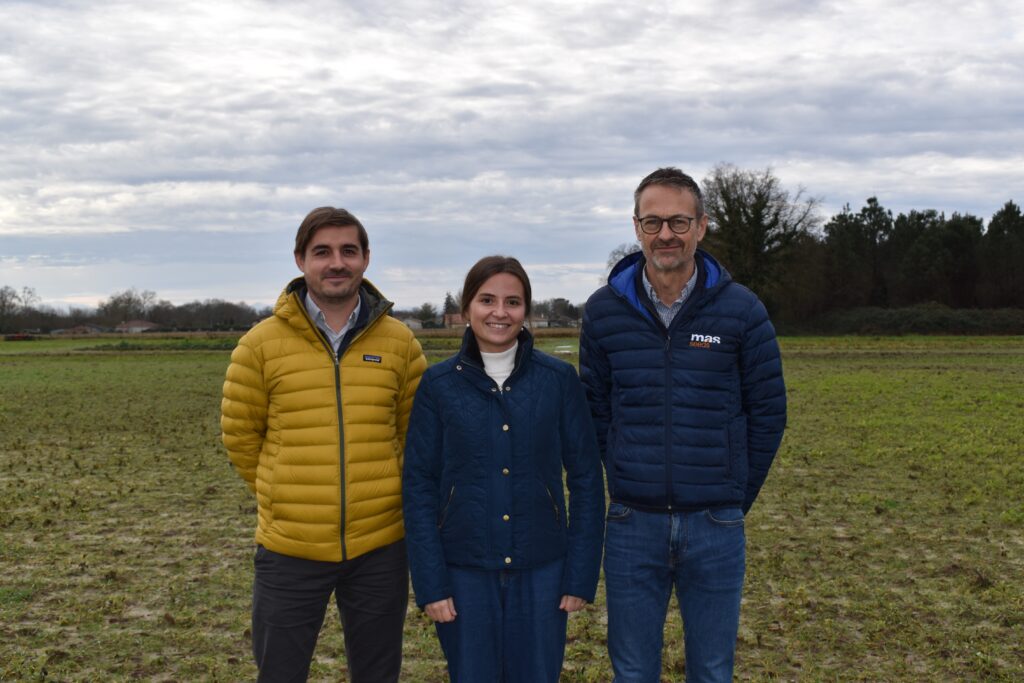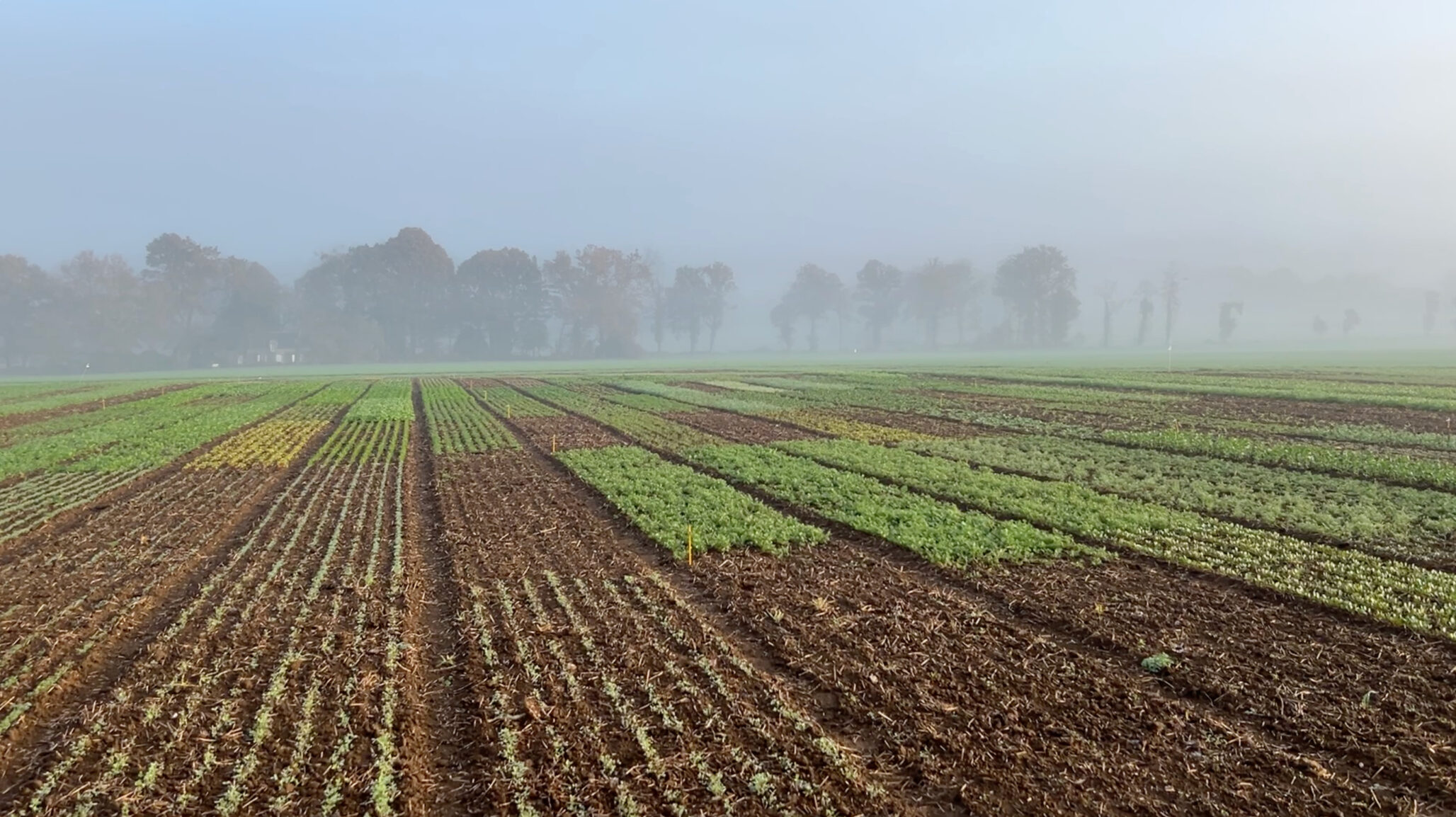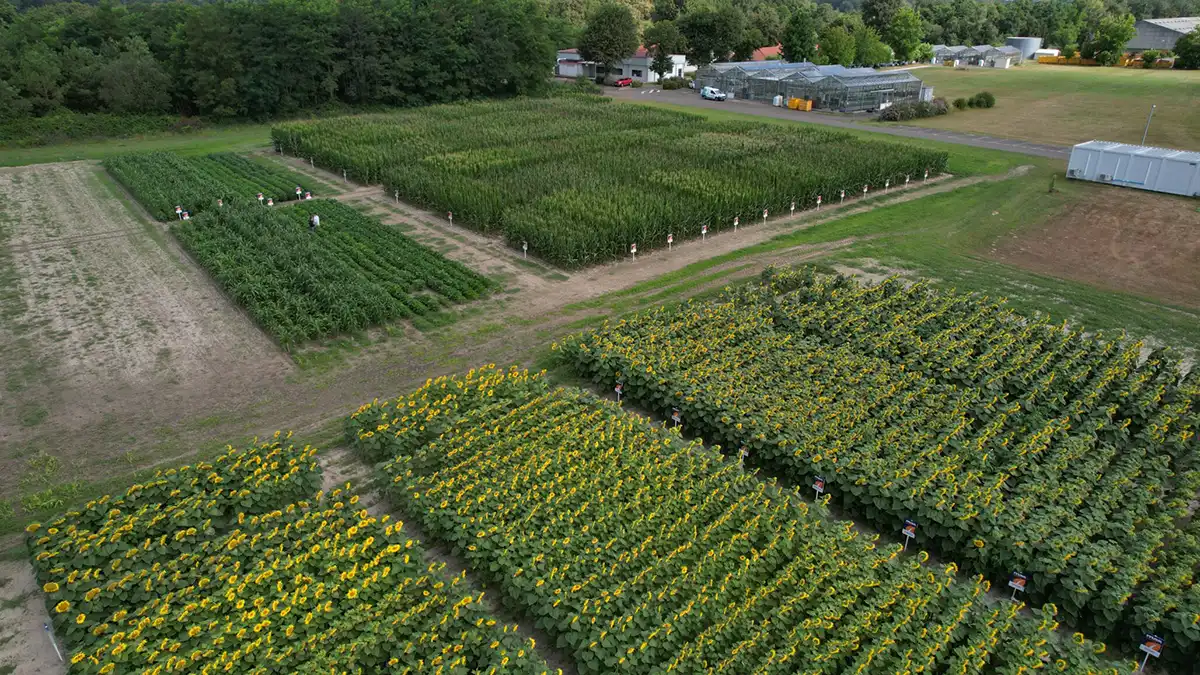Researchers are doing a deep dive into diversification and agroecology and taking customers along for the ride.
With a rich history in corn and sunflower crops, MAS Seeds recently made a significant leap by establishing a dedicated research and development department focused on diversification, agroecology and product development.
The team members work on developing innovative solutions for sustainable farming. They are based in different research centers across Europe, and collaborate with farmers, agronomists, and other experts to improve the environmental and social performance of agriculture.
“The diversification aspect of that title is crucial. MAS Seeds is known for corn and sunflower, but we are now extending our focus to include crops like winter oilseed rape, soybean, alfalfa, sorghum, and mixed crops,” says Colin Guillaume, head of diversification and agroecology product development at MAS Seeds.
“Our objective is clear: to support the portfolio construction for these diversification crops, as they are going to play an even more important role in the farming of the future,” says Guillaume.

The structure of the new R&D team offers crucial insight into its goal. With members dedicated to specific aspects like agroecological solutions, product evaluation, and collaborative projects, MAS Seeds ensures a holistic approach to its research.
Agroecology, the R&D department’s second pillar, signifies MAS Seeds’ commitment to bringing ecologically sound solutions to the market. The goal is to integrate agroecology at the core of the team’s strategy.
Some of the projects they are working on in this vein include:
• Developing cover crop mixtures to enhance soil health, biodiversity, and crop productivity.
• Evaluating the impact of intercropping maize and sun
Flower with legumes on nitrogen fixation, weed control, and yield stability.
• Testing the potential of conservation agriculture practices, such as no-till, mulching, and crop rotation to reduce soil erosion, water use, and greenhouse gas emissions.
Guiding Their Work
The team has identified four main areas to guide its work: soil fertility and carbon, protein and energy autonomy, climate resilience and water, and biodiversity. These all reflect MAS Seeds’ commitment to addressing the evolving challenges faced by growers.
“Our team’s forward-looking perspective aims to adapt farming systems to water scarcity, improve genetic tolerance, and integrate biodiversity into landscapes,” says Marie Boncompain, agroecological solutions designer at MAS Seeds.
One of the team’s major efforts is on cover crops.
“Why cover crops? They play a pivotal role in achieving multiple objectives, ranging from improving livestock farm protein autonomy to enhancing soil fertility and structure, and even contributing to the development of the biofuels industry,” adds Boncompain.
Cover crops can also help address crucial issues such as the carbon footprint reduction of farming.
The team is actively engaged in trials, collecting data on various species, and contributing to carbon sequestration efforts. Its dedication to sustainable solutions aligns with the global movement towards regenerative agriculture, responding to the challenges posed by climate change.
Need To Educate
Of course, education is key to convincing growers to diversify rotations and is a key driver for successful implementation and adoption of agroecological solutions.
MAS Seeds formalized a strategic partnership last spring with Bordeaux Sciences Agro and Maïsadour revolving around three key areas: agro-ecology, digital advancements in agriculture, and human resources.
“We have a strong desire to engage in participative research, involving farmers directly in the innovation process. This shift toward collaborative innovation aims to ensure that solutions align with the practical needs of those working the land,” says Guillaume.
MAS Seeds is not only innovating in the field but also challenging the perception of what agriculture stands for and how it is done, he adds.
“We envision a future where agriculture is not only about productivity but also about fostering positive relationships between farmers and their communities.”











